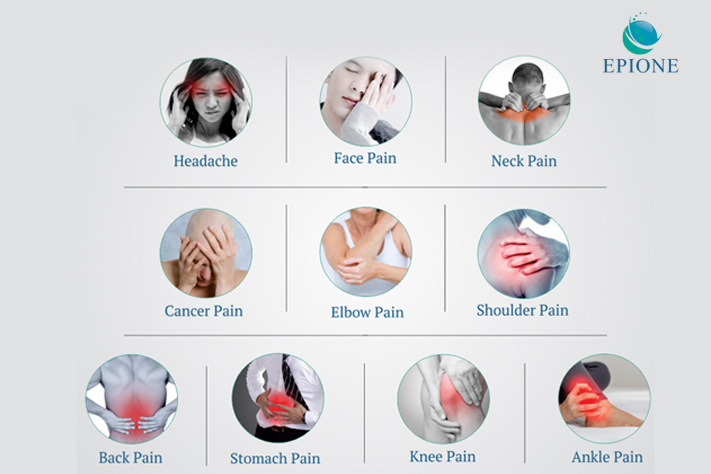World Alzheimer’s Day 2021

Q. What is Alzheimer’s disease and what is the day about?
September 21st has been selected for creating global awareness about Alzheimer’s disease (AD). AD is a progressive degenerative disease affecting the brain resulting in a slow decline in the intellectual functions. Since 2012, the global campaigning has been on to promote research for this debilitating disease without a radical cure
(1).jpg) Q. What are the estimates and how does it manifest?
Q. What are the estimates and how does it manifest?
Usually affecting people beyond their sixth decade, around 45 million have been inflicted by AD. With the average life span having gone up, the numbers are expected to increase by leaps and bounds. The commonest symptom is problems with recalling facts, things, and conversations. This may progress to difficulty expressing, navigating, planning, and executing with personality and behavioural changes as well.
Q. In what way does a Neurology consult help?
A good interview with the patient and his caretaker separately helps finding out reasons and gauging the impact of memory loss on the person. There are many treatable causes of memory loss which can mimic symptoms of AD which the neurologist can rule out by ordering tests.
Q. What causes Alzheimer’s disease?
A million-dollar question where research is still on to find out the exact cause. Nuclear imaging and In vitro studies on the brain have demonstrated accumulation of excess ‘Amyloid beta’ and ‘Tau’ protein deposits in the brain and blood vessels.
Certain risk factors like obesity, hypertension, diabetes mellitus and high cholesterol predispose to AD. Thus, taking proper care of your personal health can really benefit in the long term to prevent AD.
Q. Treatment of AD
Recently, there has been a lot of buzz around the monoclonal antibody ‘Aducanumab’ which was recently approved for AD. Neurologists are in general cautious about using it in clinical practice considering the limited indications and the hasty approval process. There are medicines which help alleviating the symptoms to an extent. AD is like an emotional setback for the partner and thus caregiver counselling is extremely crucial. They need to be made aware as to what behaviour they can expect from their AD partner and what their reaction should be. Also, advice regarding caregiver burnout needs to be delivered from time to time.
Q. Prevention is better than cure
Avoiding total retirement from work, having a social life, taking good care of your weight, sugars, blood pressure and overall health are in general going to help people in the long term to ward off AD. Learning multiple languages, meditation and yoga are practices which are beneficial.

 Disclaimer: Welthi.com does not guarantee any specific results as a result of the procedures mentioned here, and the results may vary from person to person.
Disclaimer: Welthi.com does not guarantee any specific results as a result of the procedures mentioned here, and the results may vary from person to person.









